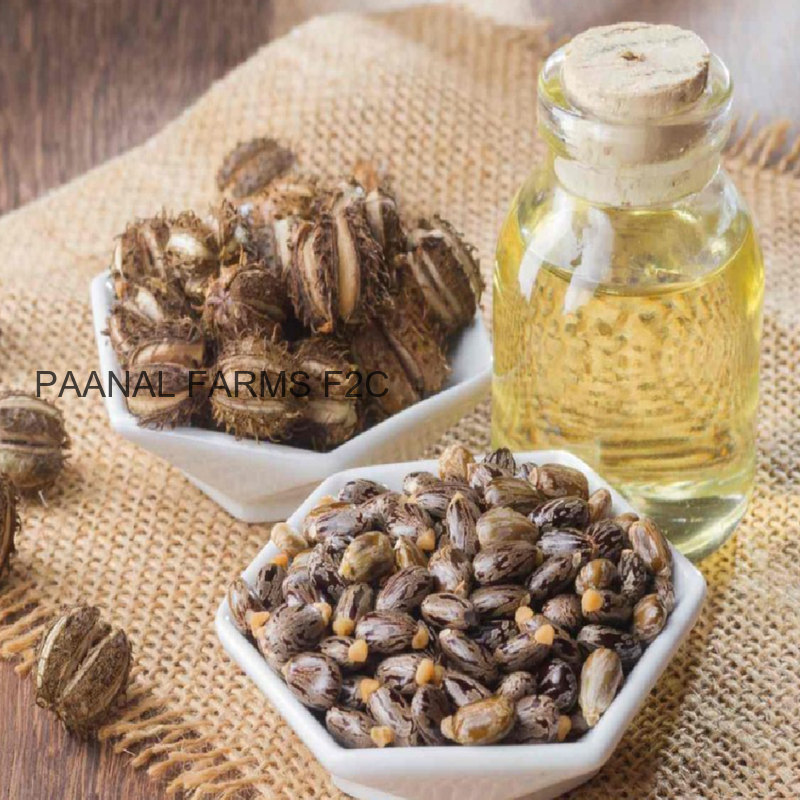1. A powerful laxative
Castor oil is well-known for its use as a natural laxative and is approved by the Food and Drug Administration (FDA) for this purpose.
It works quickly by stimulating muscle movement in the intestines, making it effectiveTrusted Source for temporary constipation relief or bowel cleansing before medical procedures. However, using too much castor oil can have negative side effectsTrusted Source like abdominal cramping and diarrhea.
While it can be useful in treating occasional constipation, it should not be used for long-term health concerns without consulting a healthcare professional first, as misusing it can lead to dangerous complications.
2. A natural moisturizer
Castor oil is rich in ricinoleic acid, a monounsaturated fatty acid known for its moisturizing propertiesTrusted Source. It can be used alone or with other oils as a natural alternative to store-bought moisturizers.
Unlike commercial products, it contains no harmful additives and is suitable for the face and body. However, it may cause allergic reactionsTrusted Source in some individuals, so always dilute it with a carrier oil like coconut oil before using it, and do a small skin patch test first before using it on larger skin areas.
3. May promote wound healing
Castor oil can help promote wound healing by creating a moist environment and preventing drying out.
For example, Venelex, a common ointment used in clinical settings, combines castor oil and Peru balsam, a balm derived from the Myroxylon balsamum tree, to treat wounds.
Additionally, ricinoleic acid, the main fatty acid found in castor oil, may help reduceTrusted Source skin inflammation, support healing, and aid in pain reduction in people with wounds.
Keep in mind that castor oil topical wound treatments contain a combination of ingredients, not just castor oil. You should not apply castor oil to any wound without checking with a healthcare professional first.
4. May be helpful for cleaning and storing dentures
A number of bacteria and fungi, including Candida fungi, commonly grow on dentures. This can create oral concerns if dentures aren’t properly cleaned and stored.
Candida species, like C. albicans, are especially problematic for people who wear dentures because they easily adhereTrusted Source to denture surfaces and mouth tissues.


Reviews
There are no reviews yet.